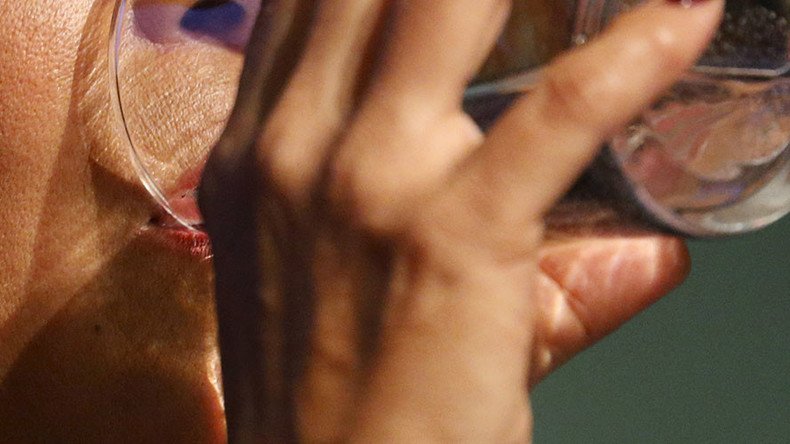First Flint, now Jackson: Miss. city warns pregnant women, kids of lead in water

Officials in Jackson, Mississippi have cautioned pregnant women and children against drinking the city’s tap water to avoid lead exposure. The city says it is taking steps to prevent a repeat of the water crisis in Flint, Michigan.
The water in Jackson has not been deemed unsafe. However, out of an “abundance of caution,” pregnant women and small children are recommended to follow the Mississippi State Department of Health's recommendations for the prevention of lead exposure from drinking water, city officials said in a statement.
Out of 58 water samples taken from random homes in June, 13 of them showed to have lead levels between 17 and 20 parts per billion ‒ exceeding the federal “actionable” threshold of 15 ppb. The affected areas included residences in southwest Jackson and north Jackson.
The city has begun to re-sample the affected area, along with an additional 42 sites.
“Exceeding the action level does not necessarily indicate a violation of the Safe Drinking Water Act; however, additional compliance measures must be met, including more frequent sampling and taking measures to mitigate the reaction of the finished water with piping, plumbing and service lines. Mitigation measures typically include implementation of flushing programs and optimizing corrosion control during the treatment process,” city authorities said.
The city’s water source itself does not contain lead, but instead may be caused by the corrosion of subpar water infrastructure in certain areas, officials added.
“Lead enters the water from the corrosion of materials containing lead. When water is in contact with service lines and plumbing containing lead for several hours, the lead may enter drinking water. Homes built prior to 1988 are more likely to have lead pipes or solder,” according to the authorities.
Lead exposure can lead to health problems, with infants and small children being most at risk due to the possibility of developmental problems such as lowered intelligence and attention-deficit issues.
The city has provided public education pamphlets to healthcare facilities and childcare centers that are served by the city’s water system.
Jackson officials will also submit a corrosion control study to state water authorities, as well as a plan for the optimization of the city’s water treatment.
The concerns about the integrity of Jackson’s water supply come at a time when controversy swirls over the handling of lead-contaminated water in Flint, Michigan.
Democratic presidential contender Hillary Clinton made comments earlier in February pushing for Jackson to take action on its water and calling for national infrastructure improvements.
“I’m heartened that Jackson city officials are taking the right steps to fix the problem, including repeated testing and openness with the results, so families can stay informed," Clinton said in a statement. “As the emergency in Flint, Michigan, has made clear, cities and states must treat these situations with the utmost seriousness and do everything in their power to ensure that families — especially children — have access to safe, clean drinking water."













